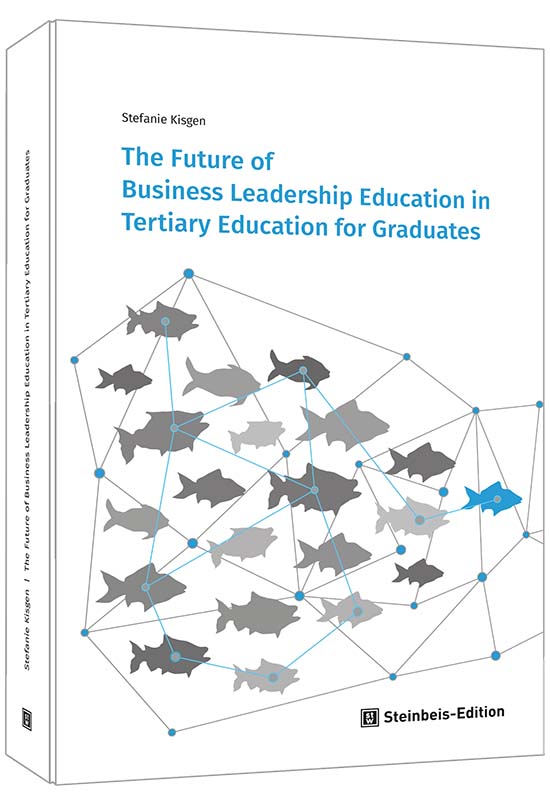
Publikation
The Future of Business Leadership Education in Tertiary Education for Graduates
Stefanie Kisgen

Business schools and business leadership education in tertiary education are faced with multiple challenges. At least since the (global) financial crisis of 2007–2009, critical and controversial debates ensued on the quality of business leadership education, particularly with regard to ethical dimensions. Against this background, and along with the current development of the political, economic, social, and technological environment, business leadership education in tertiary education for graduates has to be scrutinized and – where appropriate – redesigned.
In order to equip tomorrow’s business leaders with the necessary competencies to cope with the challenges of a complex and uncertain world in the 21st century that is driven by globalization and accelerated technological advancements, a pedagogical infrastructure is required that nurtures the development of a student’s (creative) personality.
Based on a sound theoretical foundation, together with requirements from the corporate level, seven principles for a curriculum design of business leadership education in tertiary education were proposed in this work. They laid the foundation for subsequent qualitative research of selected Master’s Programs in business leadership education. A Delphi-based scenario study was conducted, incorporating more than 100 experts worldwide in order to define the objectives for the long-term future (2030) of business leadership education in tertiary education. Four scenarios for post-graduate business leadership education in the tertiary education sector for the year 2030 were elaborated. Thus, main stakeholder groups were prepared to cope with different potential future Settings.
Moreover, this research contributes to further improve and continuously develop business leadership education in tertiary education to become state of the art.
01.05.2017
| Kategorie | Beschreibung |
|---|---|
| ISBN | 978-3-95663-130-6 |
| Info | 2017 / 426 S., engl. |
